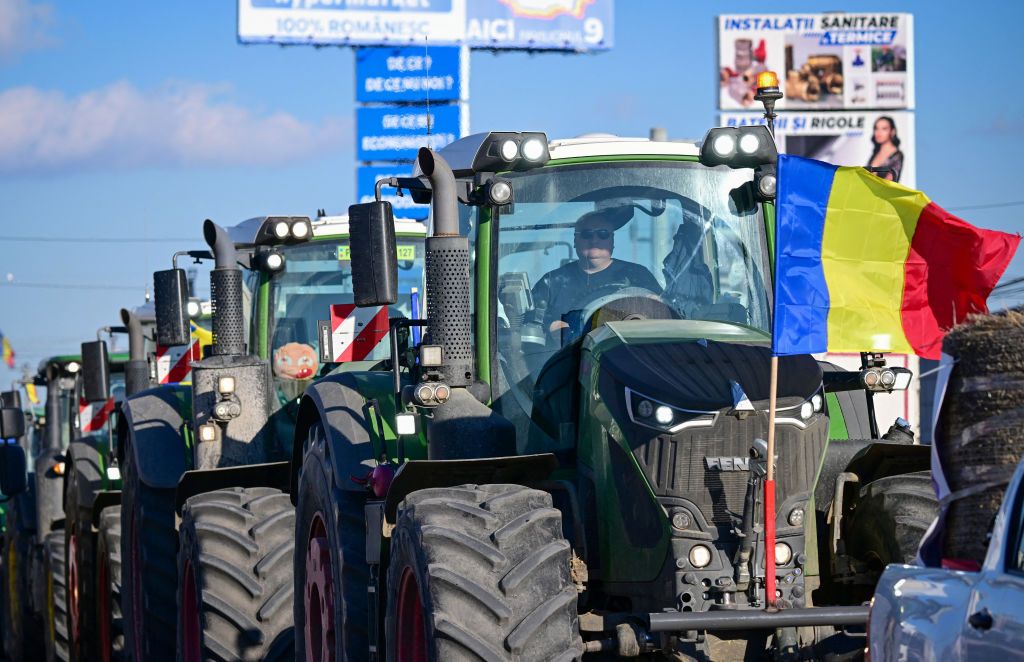Polish farmers to partially block Zosin-Ustyluh crossing on Ukrainian border on Feb. 12

Polish farmers plan to partially block the Zosin-Ustyluh crossing point on the border with Ukraine on Feb. 12, the Ukrainian State Customs Service reported on Feb. 8, citing preliminary information from the Polish side.
The passage of cars and buses should remain unhindered, while trucks weighing up to 7.5 metric tons are expected to be allowed to pass three vehicles per hour in each direction, the Customs Service said.
Earlier, the Customs Service announced that protests may also start at the Dorohusk-Yahodyn, Rava-Ruska-Hrebenne, and Medyka-Shehyni crossings on Feb. 9.
Polish farmers began widespread protests across the country on Jan. 24 on the heels of a several-month-long series of demonstrations and border blockades by Polish truckers, who said that the liberalization of permits for Ukrainian truckers had hurt their business.
Farmers in France, Belgium, Portugal, Greece, and Germany have also been protesting what they claim are the negative impacts on farming of the EU's efforts to address climate change, as well as the influx of cheap Ukrainian imports to aid Ukraine's war effort.
Polish farmers' Solidarity trade union on Feb. 1 announced a nationwide strike that will start with the blockading of all Polish border crossings with Ukraine.
The Polish government promised strengthened border control and more inspections of Ukrainian agricultural imports at the border.
The inspections show excess imports of goods and a need to strengthen veterinary inspections, Polish Agricultural Minister Czeslaw Siekierski said.
Siekierski has said he will try to stop further blockades by negotiating with the protesters.
Demonstrations by Polish farmers have taken place intermittently since spring 2023.










